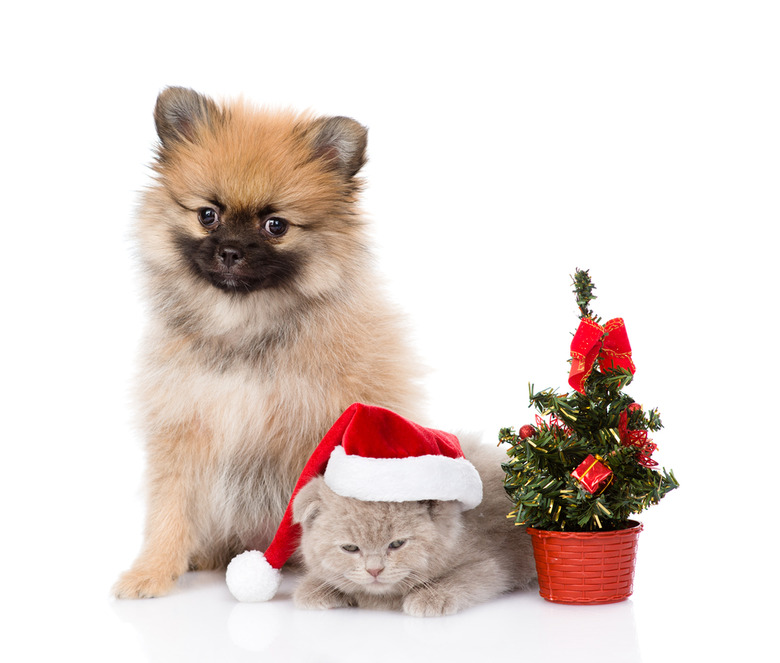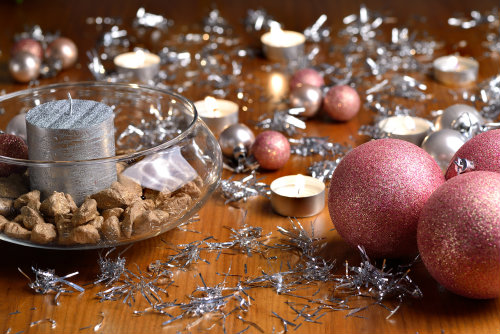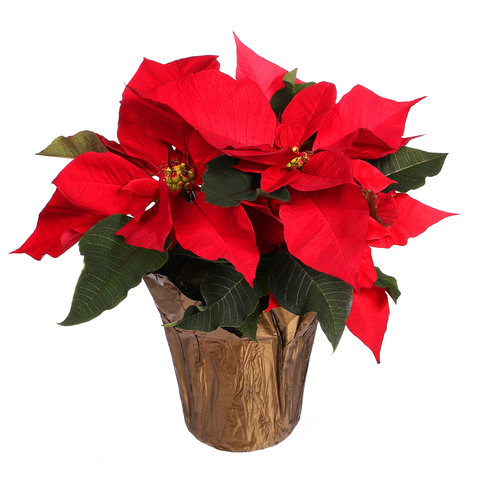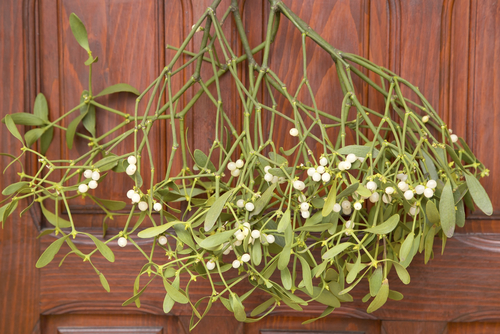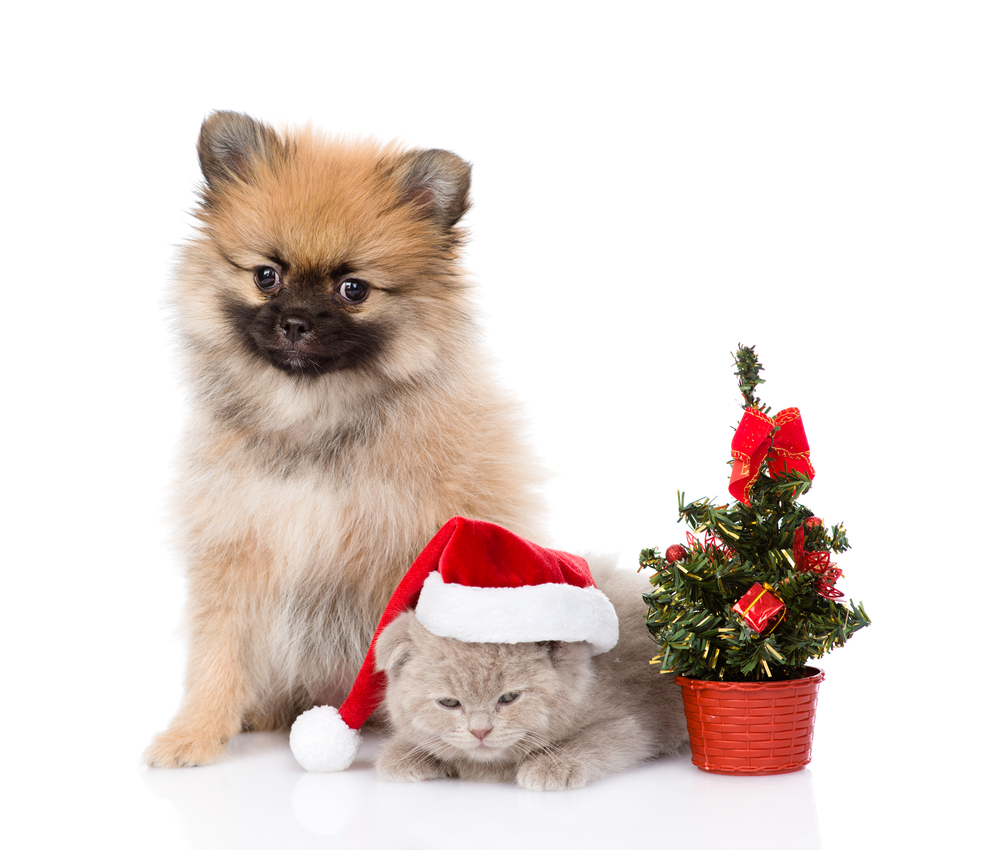5 Christmas Decorations That Will "Kill" You
Tinsel and Ornaments
Let's face it: even as an adult, shiny objects are pretty enticing. Now just imagine how wondrous they seem to children and animals. While tinsel isn't toxic, it can cause problems if ingested, especially for pets, as the foreign object could twist and tangle up in their intestines.
Poinsettias
Though they are less toxic to humans than once believed, poinsettias can cause extreme discomfort when ingested. If your toddler has a bite, it can cause a mild stomachache, diarrhea, and vomiting. It is likely that people with a latex allergy will be allergic to poinsettias as well, since they both share similar proteins, and a severe reaction shouldn't be treated lightly. Animals that nibble on these plants will likely experience mouth and stomach irritation and occasional vomiting.
Mistletoe
Sure, it's great for romance, but mistletoe shouldn't be consumed — ever. Though the fatality rate of ingested mistletoe is low, eating the leaves or berries or making tea from this plant warrants a call to poison control.
Holly
Do not deck the halls with real holly if anyone (children or pets) in your house is liable to go for a taste of it. One or two berries won't have too extreme of an effect, but more than 20 could actually result in death. Theobromine, an alkaloid related to caffeine that actually appears in low concentrated amounts in chocolate (which in even low doses is dangerous to dogs), is what makes this berry so deadly. Even the bark, seeds, and leaves are toxic!
Christmas Trees
As majestic and beautiful as your holiday tree is, there are a number of dangers lurking between its branches. When decorating the tree, be very careful of choosing lights (make sure they're regulation) and keep your tree away from heaters and fireplaces (even if it is a fake). Pine needles may prove to be dangerous to pets, as they can cause vomiting and diarrhea if ingested. Watering your Christmas tree is essential for its vitality (and actually reduces risks of fire), but your pets and children, particularly cats, may be tempted to lap up the water in the base. While it isn't deadly, it may contain fertilizer, which can be poisonous to kitties.
